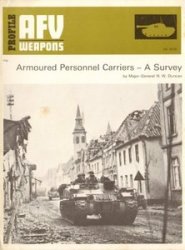Islamisation in Cote d’Ivoire provides a salient contrast with the Senegalese case. Before the colonial period, Muslims constituted an important minority in the northern half of the territory, as clerical, merchant and (in some instances) warrior elites. Because trade across the ecological frontier between forest and savanna was so lucrative, groups along both sides of the frontier colluded in impeding Muslim penetration of the forest zone. Colonial rule opened the frontier to Muslim merchants from the north. The initial impulse to migration into the forest zone was the trade in commodities consumed by Africans kola nuts, salt, woven cloths. However, the forest zone was well suited to the development of plantation agriculture of commodities exported to Europe. The pioneering efforts were situated in the Gold Coast, where significant quantities of cocoa were being exported by the 1890s. The practice quickly spread across the border to south eastern Cote d’Ivoire, gradually extending westward, involving coffee as well as cocoa. The plantations attracted seasonal migrant labourers from the north, particularly from Upper Volta (modern Burkina Faso), especially since heavy handed French colonial attempts to encourage cotton production in the savanna floundered miserably. At the same time, Muslim merchants from the north purchased or leased land from lineage heads in forest areas and invested in their own plantations. The planta tion economy fostered the rapid growth of new towns in the south, attracting further streams of immigrants. The construction of a railroad between Abidjan and Ouagadougou facilitated such movement, and even more so the introduc tion ofmotor transport on a large scale, especially after the Second World War.
Because Mande speaking Muslim merchants had immigrated very early in the colonial period to the forest zone in order to expand the reach of long distance commercial networks, they acquired control over much of the 'informal’ mer cantile sector of the economy of southern Cote d’Ivoire. (To the west of Cote d’Ivoire, from Ghana to south western Nigeria, Hausa speaking Muslim mer chants acquired a similar hegemony in the 'informal’ sector.) However, this




 World History
World History









